Fall 2015
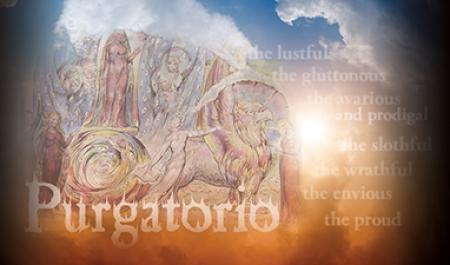
Dante’s Purgatorio, as is well known, is not a standalone text; it is simply the second part of The Divine Comedy. In this course we will deal with Dante’s views on redemption and salvation as represented in his Purgatorio. Our focus will be the nature of sin: How it is that appetites which keep the […]
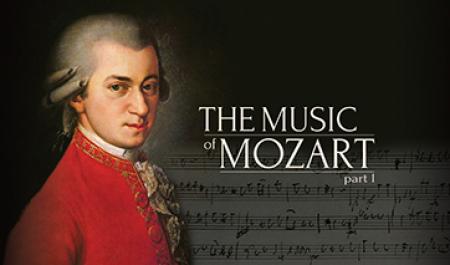
Few composers have been as prolific in so many genres as Wolfgang Amadeus Mozart. In this course we will survey a portion of this vast output from the unique perspective of specialists in the field, all professors at the University of Arizona Fred Fox School of Music. The first session will be led by Jay […]
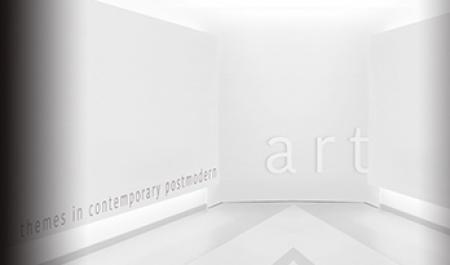
This five-week course examines concepts that have become increasingly relevant to contemporary artists working in a variety of media over the past 50 years. It concentrates on more recent art, understood against the backdrop of modern art movements. In this class we will look at some of the broader theories, practices, and institutions that have […]
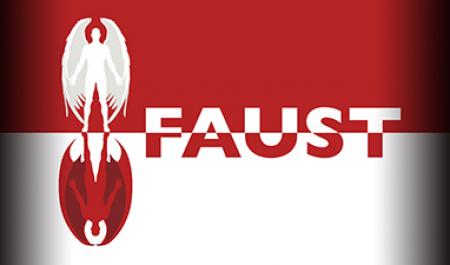
Faust is alive and well. His emanations appear in literature, art, music, film, and cyberspace. Not only Adam and Eve but also Faust ate of the fruit of the tree of the knowledge of good and evil. So he has excited the human imagination for centuries. But who was this mysterious alchemist or learned academician […]
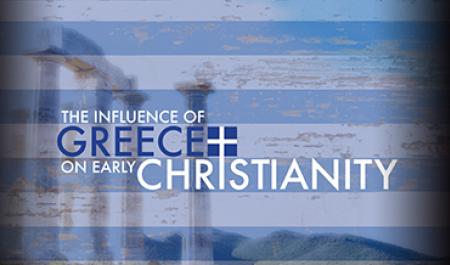
What was the relationship of ancient Greek culture to early Christianity? This seminar will open with two topics of significance in the early development of Christianity: the image (or icon) and the Jesus story itself. The course will also include lectures on the tragic paradigm in Greek poetry (Homer and Sophocles) and a discussion of […]
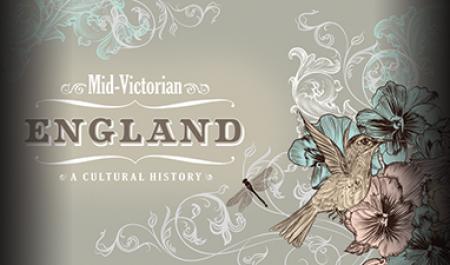
How can we best know the past, and how much can we really know of it? This interdisciplinary course will seek answers to these questions in relation to mid-Victorian England. We will read primary material published around 1859, providing a “snapshot” of a particularly important moment in the middle of one of the world’s most […]
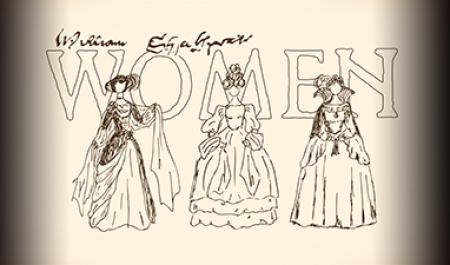
Many of Shakespeare’s most powerful, intelligent, and subversive characters are female. How were such vividly complex roles constructed in a culture that legally defined women as property on the grounds of their intellectual and moral inferiority? Given the early modern imperatives of feminine silence, chastity, and obedience, how is it that women impel Shakespeare’s plots, […]
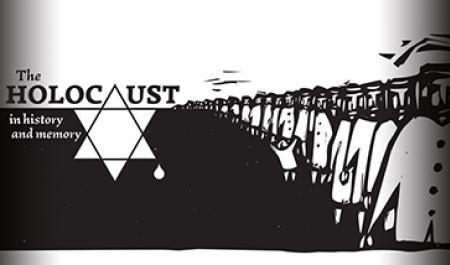
This course addresses the twentieth-century genocide that was the Holocaust, the attempted annihilation of European Jews and other designated racial and political opponents led by the Third Reich in Germany. We will review the horrific events of the Holocaust and explore the current scholarly understanding of this history: What does it mean to remember the […]
